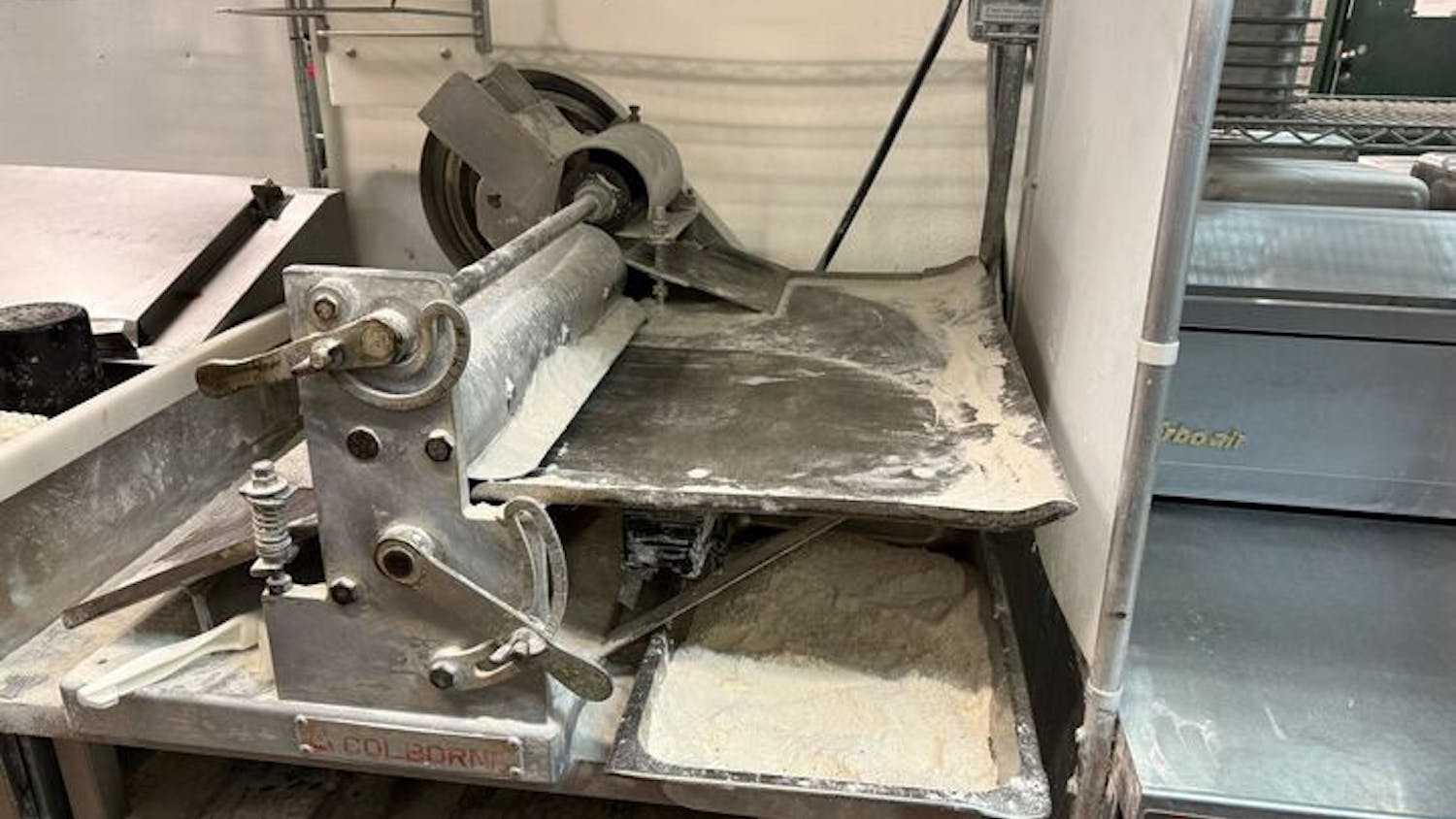“I, for one, prefer a cold glass of cow’s milk to a cup of almond beverage any day,” exclaimed Sen. Howard Marklein, R-Spring Green, upon introducing “Truth in Food Labeling.”
The three-bill plan to support agribusiness was announced Sept. 20, Wisconsin Agricultural Tourism Day, to address his concerns of consumer confusion surrounding plant-based milk and meat alternatives.
Gov. Tony Evers declared Sept. 20 as Wisconsin Agricultural Tourism Day to honor the contributions this industry provides for the state. The proclamation stated that the state’s agriculture business is valued at $88.3 billion annually.
Marklein believes there is a sales gap keeping the state from more revenue: misleading food labels.
The proposal aims to make food labels more explicit about their product’s ingredients to help consumers properly purchase real dairy and meat products rather than plant-based ones. Marklein along with Rep. Travis Tranel, R-Cuba City, and Rep. Loren Oldenburg, R-Viroqua, plan to tighten the laws regarding what can be labeled as a “milk” or “meat” product.
If the bill were to roll out, plant-based milk alternatives could only be labeled as “drink" or "beverage,” and it would be illegal to name non-meat products as “burger," "sausage," "chicken wing" or "bacon.”
“We want consumers to know the differences between the real, nutritious products grown and made by our farmers versus the fake, lab-grown, plant-based products that are passing for milk, meat, cheese, ice cream and other dairy products in our state,” Marklein explained.
Marklein is concerned that many consumers are purchasing dairy-free or meat-free products unintentionally, which subsequently hurts Wisconsin’s agriculture economy.
In a research study conducted by The Wisconsin Cheesemakers, Edge Dairy Farmer Cooperative and the Dairy Farmers of Wisconsin, 48 percent of participants did not know the difference after tasting dairy cheese and a cheese alternative.
“90 percent of Wisconsin’s milk goes into cheese. It is concerning that many consumers don’t know the difference between which products contain milk and which do not. This confusion, oftentimes without the consumer knowing otherwise, hurts Wisconsin’s dairy industry,” Marklein said. “As dairy farmers continue to struggle with low milk prices, imitation products cut into a farmers’ bottom-line.”
11 other states, including North Dakota and South Dakota, have passed a similar legislation, according to Marklein’s statement.






